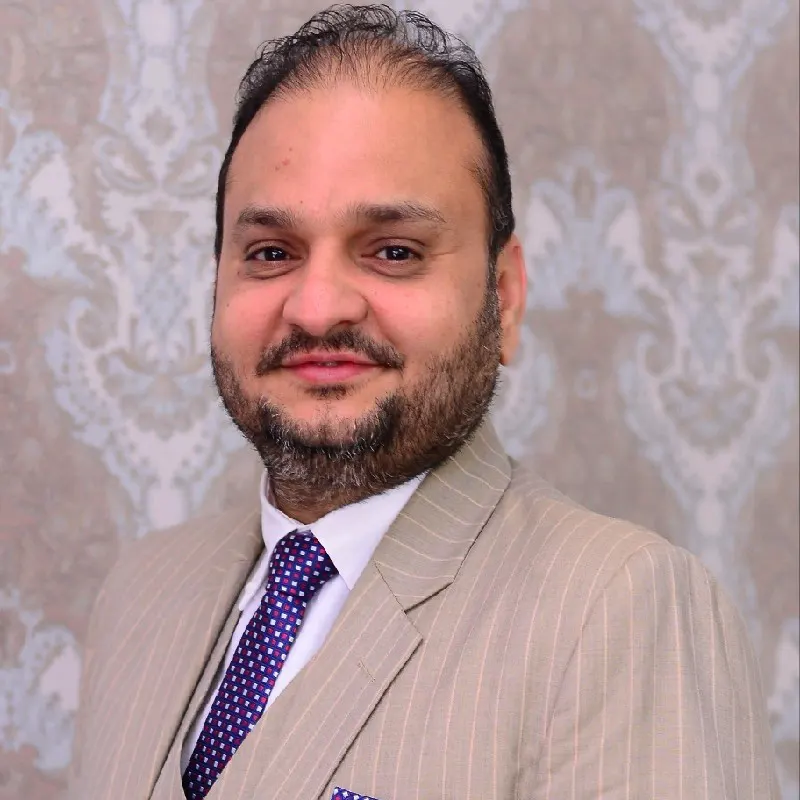The global Islamic microfinance industry has reached a significant milestone, surpassing $60 billion in value within the $3.8 trillion Islamic finance landscape. This achievement highlights the growing recognition of Islamic microfinance as a potent tool for poverty alleviation.
The industry’s potential to bridge financial gaps while adhering to Shariah principles positions it as a viable alternative for fostering financial inclusion and tackling global poverty challenges.
Despite ongoing efforts and UN Millennium Goals, global poverty eradication remains unachieved. This challenge is particular in Muslim majority countries, where conventional financial structures often hinder progress due to their reliance on prohibited elements like Riba (interest).
Financial exclusion due to these factors underscores the necessity for alternative financial solutions that are Shariah-compliant.
Addressing this need head-on, AlHuda CIBE, a renowned Islamic finance consultancy and advisory firm since 2005, has established the Center of Excellence for Islamic Microfinance. This initiative aims to introduce Islamic microfinance as a powerful poverty alleviation tool in diverse countries around the world. AlHuda CIBE’s impactful projects have earned them a reputation for collaborating with esteemed international organizations, including the United Nations (UN), World Bank (WB), IFC, Asian Development Bank (ADB), USAID, GIZ, and Islamic Development Bank (IsDB).
The firm has also extended its services to various central banks, rural development initiatives in different countries, agricultural development projects, and numerous other developmental ministries at the micro-level. Over its operational history, the consultancy firm has successfully executed more than 45 diverse projects through its Center of Excellence, which is composed of dynamic and dedicated team members operating under the guidance of vigilant management.
Mr. Muhammad Zubair, CEO of AlHuda CIBE, emphasized the crucial role Islamic microfinance plays in tackling global poverty. Despite its promising growth, the industry represents just 2% of the total Islamic finance landscape. To truly uplift populations living under the poverty line, he emphasized the need for exponential contributions.
Mr. Zubair called for the rapid introduction of Shariah (Islamic) FinTech services, a revolutionary concept combining Islamic finance, microfinance, and cutting-edge technology. This three-fold approach, he believes, holds the key to achieving the UN’s top priority goal of poverty alleviation.
He further added, In the context of Muslim-majority countries, there exists a unique challenge where the poor population is proportionally twice as large. This demographic reality underscores the pressing need for inclusive financial solutions tailored to these nations. Remarkably, a staggering 72% of the unbanked population hails from these Muslim-majority countries, indicating a substantial gap in financial inclusion.
The financial exclusion experienced by a significant portion of these inhabitants underscores the critical importance of addressing this issue with innovative and relevant approaches.
This disparity not only represents an economic hurdle but also a social and developmental imperative that necessitates immediate attention.
Islamic microfinance serves as a compatible and highly viable solution, seamlessly integrating with various micro-credit lending approaches such as Grameen lending, village banking, co-operative societies, credit unions, self-help groups, and commercial microfinance models. This synergy enhances its efficacy in addressing the pressing issue of financial inclusion within these communities.
Shariah FinTech’s cross-border accessibility and less regulated nature make it a game-changer in the financial world. As technology, including blockchain, cryptocurrencies, DiFi, and the Metaverse, merges with microfinance, accessing Islamic microfinance services becomes more convenient. This integration empowers impoverished populations, fosters financial inclusion, nurtures new startups, and drives expansions in existing small businesses.
To expedite progress, Mr. Zubair urged experts, governments, and central banks to collaborate on introducing FinTech regulations, creating an enabling environment for innovation. By embracing Islamic Microfinance and Shariah FinTech services, the world can become closer to achieving the UN’s Sustainable Development Goals, making steps towards a more inclusive and poverty-free world.—Zawya News










